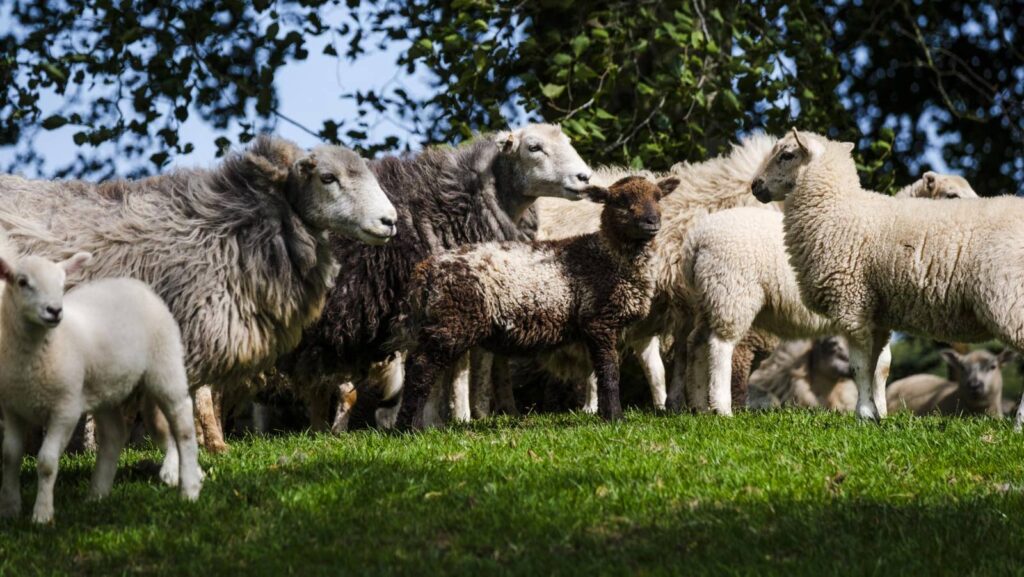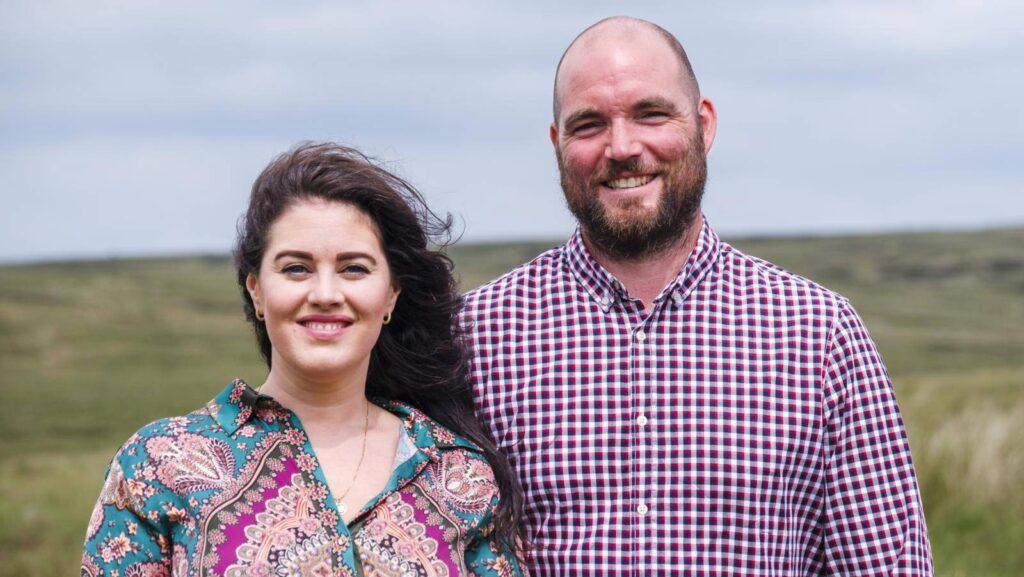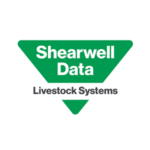How Ayrshire hill farm runs sheep for £11 a ewe
 © Joe Somerville
© Joe Somerville A total cash cost of less than £11 a ewe is helping a family business buy hill ground in Ayrshire.
Strict culling in a low-intervention system and accepting the environmental limitations of challenging hill country has been David Cooper’s mantra for 20 years.
As the farm has grown, he has been able to benefit from economies of scale beyond many British farmers’ wildest dreams.
See also: Why and when farmers should weigh sheep
As a result of the robust genetics and traditional system, David and wife Cora do not use wormer or stock marker, make conserved forage, buy hard feed, trim feet, or use licks, energy blocks or fertiliser.
The trade-off is selling small carcasses (13-15kg) and rearing 90-95%. However, 80% of lambs are finished off grass by November with a gross margin at 80% of gross output.

David and Cora Cooper © Joe Somerville
Farm facts: Tardoes Farm, Ayrshire
- 3,400 ewes and 700 hoggs
- Mainly Welsh Mountain and Herdwick ewes
- 2,023ha farmed in total
- 90% of farm is rough hill ground
- No nature agreements
- 900ha of peatland restoration
- Small pure Herdwick stud flock
- Breeding females sold annually
- Late April and May lambing
- Applying for Pasture for Life accreditation
Costs from 2022-23
- Total cash cost a ewe: £10.40
- Vet and med, liming and fencing repairs: £6.70 a ewe
A granulated calcium lime product is spread behind a quadbike to improve pH and support clover growth across in-bye ground. David has stitched clover into better parts of the farm to produce good grass without any fertiliser.
- Labour and machinery: £3.70 a ewe
Apart from a Combi Clamp trailer and a tail chute, all machinery and labour (including David’s and Cora’s time) are costed and shared between the fencing business and sheep enterprise.
The farm has no tractor, just two quadbikes, an all-terrain vehicle, a track-driven post-knocker, an 8t excavator and a Loadall.
Note: Costs do not include away-wintering of 800 ewe hoggs and 600 store lambs; any land-buying costs (such as finance charges); office and administration costs, or the costs of running their three working border collies and three working huntaways.
Principles of the Coopers’ low-cost system
- Genetics A hardy, maternal genetic base of Welsh Mountain and Herdwick makes up the flock, with easy lambing Logie Durno sires used as a terminal sire to improve carcass weights. Culling ewes that do not have a lamb at weaning, need assistance at lambing, have twins, or are empty at scanning has bred a flock that produces one lamb a ewe with phenomenally little input each year.
- Economies of scale Ordering 4,000 boluses or large quantities of fencing equipment and liver fluke doses attracts bulk discounts. It also spreads fixed costs.
- Dynamic labour Average time spent on sheep through the year is less than two days a week. The one full-time and two part-time labourers from the fencing contracting business are pulled in to help with sheep on big yarding days.
- Infrastructure Three handling units about two miles apart, each with capacity for up to 2,000 ewes, have been built on the farm, extending original sheep pens (fanks). Repairs are done promptly to avoid stress on big processing days. Each has pens to hold 1,000 sheep, groups of 200 and a dosing race. The steading at Tardoes can house sheep to be sheared in catchy weather, and a tin and steel sheep house on an outlying hill farm can house 700 ewes. This minimises wasted time on the shearer’s watch and means time spent gathering ewes is not wasted.
- Rotational grazing Erecting close to 100km of fencing over the past 20 years has eased management. Ewes and lambs are rotationally grazed, moving every two days through the growing season. Much of the in-bye land is also rotationally grazed in winter. Sheep are moved across larger areas of rough hill park weekly. As a result, sheep associate a quadbike with fresh grass, which speeds up sheep moves. Having sheep in seven mobs of 200-900-head on smaller pieces of ground means sheep can be checked more quickly. This has restored former opencast coal mining ground into region one farmland (better agricultural land).
- Simplicity is key Time is precious and running the sheep flock is one of several other income streams – a fencing business, a holiday let, two house rentals, and Cora’s marketing consultancy work, as well as time spent lobbying politicians and policy makers about issues surrounding livestock farming and rural communities.
- Time Work-life balance is a priority to spend as much time with a young family as possible.
How it works
- First gather – scanning First week of March. One fluke dose is given to all ewes and anything with twins is given a second mineral bolus. Scanning can take a day-and-a-half and is carried out by David and two other labour units from the fencing business.
- Lambing From mid-April. Only one person is needed to lamb 3,400 ewes in April, and it typically takes an hour a day to check them all. The flock is grouped in four mobs. Three are in-bye: singles in lamb to Logie Durno tups, twins to Logie Durno tups, and twins of purebred sheep. The fourth group, singles of purebred sheep, can number 2,700 head and lamb on the hill unassisted.
- Second gather – weaning and shearing First week of August. Typically, it takes shearers three to four days to shear the flock. Time is saved by housing ewes to shear in catchy weather. Clip-fitter technology is used to tail and castrate lambs at this point, rather than soon after birth, to achieve higher welfare.
- Third gather – dipping Late October. All ewes are bolused and given a fluke dose. A contractor dips the sheep in one-and-a-half to two days. Then 800 replacement females and 600 store lambs are sent to a lowland farm in Dumfriesshire for wintering. Ewes head back to the hill or in-bye depending on their condition score and tupping groups.
- Wintering Daily checks of the four groups of sheep (see “Lambing” above).
Enter the 2024 Farmers Weekly Awards
Farmers Weekly 2024 Sheep Farmer of the Year is sponsored by Shearwell Data. Enter yourself or nominate someone now at fwi.co.uk/awards24
